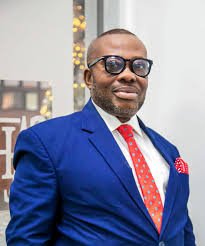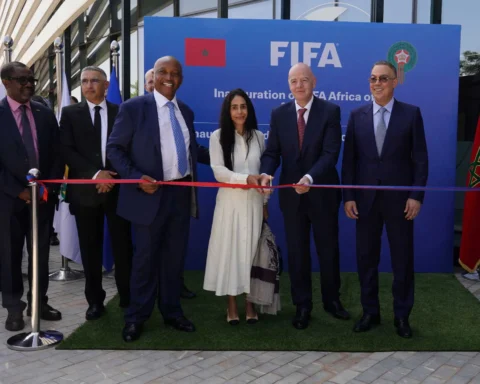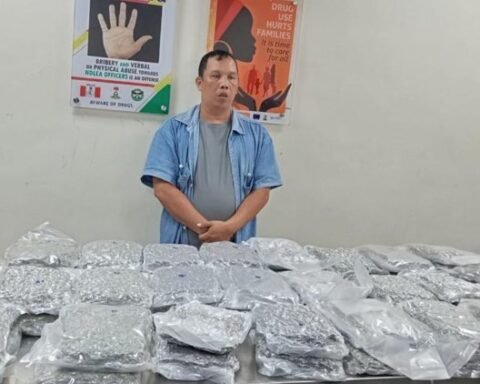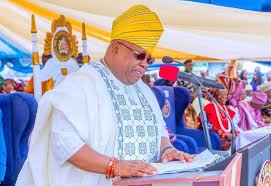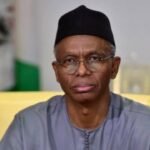The recent decision by the outgoing Chairman of Bariga Local Council Development Area (LCDA), Hon. Kolade Alabi David, to rename the popular Charly Boy Bus Stop to Baddo Bus Stop in honour of Nigerian artist Olamide and others may appear harmless on the surface. It may even seem laudable to those who admire the artist’s impact on Nigerian entertainment. However, beneath the surface lies a disturbing trend that requires urgent national reflection and condemnation, the systematic and silent erasure of certain historical street names in Lagos, especially those reflecting the cultural identity and heritage of non-Yoruba residents.
This is not the first time such a policy has crept into the consciousness of Lagosians. Slowly but surely, what once was a cosmopolitan city that embraced all tribes, cultures, and peoples, is sliding into an ethnocentric experiment where names of streets and public places associated with non-Yoruba citizens are being wiped off the map without justification or consultation.
Let us be clear: this practice is archaic, divisive, and dangerously tribalistic. It has no place in a modern democracy and only serves to take Nigeria back to the Stone Age. In a multi-ethnic federation like ours, unity in diversity must be preserved at all costs, especially by those in leadership positions.
No cogent or official explanation has been given for this disturbing trend. Were the original names imposed illegally? Were they not approved by the same arms of government now reversing them with reckless abandon? Were these names not given at a time when Lagos stood tall as a beacon of national unity, hospitality, and inclusiveness?
The absence of clear policy guidelines or public engagement suggests something more sinister – an attempt to rewrite the cultural history of Lagos in a way that marginalizes certain ethnic groups, particularly the Igbo community, whose contributions to the growth of Lagos are not just historical but ongoing and appreciable.
Nigeria is already hanging on a delicate thread of national unity, strained by insecurity, governance issues, and ethnic profiling. At such a time, any action by public officials, even at the local government level that promotes ethnic division or marginalisation, must be rejected in the strongest terms.
I have lived in Lagos since the 1980s. I built my law practice here. My friends, clients, professional colleagues, employees, and even church members come from different tribes, predominantly Yoruba. I was once a Chairman of Nigerian Bar Association, Ikeja Branch. The Lagos I knew, and still want to believe in, is the Lagos that gives all Nigerians a fair chance at life, peace, and prosperity, regardless of their state of origin.
This rising trend of street renaming based on ethnic calculations betrays the progressive and sophisticated image of the Yoruba people, a people known for education, enterprise, and political sagacity. This is why I am shocked that some Local Government Chairmen in Lagos are leading this wave of retrogressive ethnocentrism, not realising that it undermines the shared values that have held Lagos together as Nigeria’s melting pot.
If Lagos must continue to shine as the commercial capital of Nigeria, then it must be managed with maturity and inclusiveness. Those in government must understand that every policy has consequences – both seen and unseen. The international community, investors, and even ordinary Nigerians watching from afar will interpret these renaming exercises as signs of growing intolerance, state-backed discrimination, and a lack of cohesion within our federation
If streets named after non-Yoruba figures are being deliberately removed without any history of criminality or impropriety attached to the persons being removed, then what message are we sending? That Lagos is now a state lived by one ethnic group only? Does history and memory have no place in the state’s public policy?
It is not enough to name a street after one musician while simultaneously removing a name ( a musician too)that has stood for decades and carries sentimental or historical significance. These acts, however subtle, communicate hostility to coexistence and must be halted immediately.
I write this article not just to condemn but to seek answers. I call on the Lagos State Government and the Ministry of Local Government and Chieftaincy Affairs to explain what informed these recent renaming actions. Were these names removed with the consent of residents? Was there any public hearing or community input?
Policies that alienate, exclude, or erase certain communities are antithetical to the ideals of democracy, federalism, and nation-building. Lagos must not become a theatre of ethnic cleansing through street names. We must reverse this tide before it becomes the new normal.
This pattern of conduct by local government officials in Lagos, if not checked, will erode the minimal gains we have made in promoting national integration. It is uncivilised, unproductive, and ultimately destructive.
Let us be reminded that the greatness of Nigeria, and indeed Lagos – lies not in the dominance of one tribe over others, but in the peaceful coexistence, mutual respect, and appreciation of our rich diversity.
Let aggravated and systemic hatred through public policy be stopped! It is a solemn plea!
Dr M.O. Ubani SAN
Legal and Policy Analyst.
